|
When it comes to improving your health, you simply cannot ignore your habits. Dieting fails for many reasons, but none more so than the fact that people fail to develop the necessary habits to maintain their health once their initial motivation to change is lost.
Obviously, the content of our food doesn’t change at the strike of 6pm, but our habits do, and it’s this understanding of people’s behaviours, as well as how the body works which has led me to believe that there’s some truth in the fact that eating carbohydrates after 6pm does increase the likelihood of weight-gain.
0 Comments
I’m not going to lie, but I desperately wanted to be the ‘Diet Coke guy’ in the TV ads growing up and I still love the odd Coke Zero or Pepsi Max, but one of the main questions I get asked a lot when it comes to fasting is; ‘can I drink diet sodas whilst fating?’
I’ve never enjoyed counting my calories and I’ve yet to meet a single client who’s enjoyed it either. Why? Because it’s not natural and eventually the numbers stop adding up.
November is fast approaching and for the whole month, I’m going to be creating as much content as I can to help you understand how to adopt a lowER-carb lifestyle. You’ll see I’ve popped the ER in there because that’s where the focus must be – simply lowER than it usually is.
This might sound counter-intuitive, but drinking a decaf coffee, instead of a caffeinated one could be better for your long-term health.
Coffee is probably the more consumed beverage after water, and for good reason too. I LOVE COFFEE, and I don’t see that changing anytime soon, but what has change is the type of coffee I choose during my first few hours awake.
When I explain to people that I fast – sometimes up to 36 hours, I get asked a lot of questions. ‘Isn’t it tough?’, ‘Doesn’t it make you over-eat?’, “Isn’t it dangerous?’, ‘…Binge eating?’.
Which is best - intermittent fasting or calorie restriction for fat-loss and subsequent health?14/10/2019
It’s important to point out that first and foremost, health should be EVERYONE’S goal, and since a higher fat-percentage (not weight) is associated with ill-health[1], then a fat-loss goal is definitely something most of us can benefit from.
If you’re following me on social media, then you’ll know I’m a HUUGGE fan of coffee. But, what effects does it have whilst fasting, and is it beneficial to consume?
When I first began looking into Intermittent Fasting (‘IF’), my first question was ‘but does it cause muscle loss’, but what the evidence I found, and the results I experienced, show that IF does not have to mean muscle loss.
I was born in the late 80’s, which meant the food pyramid has dominated my entire life. I personally don’t remember when I was taught that 7-9 servings of grains were best for me, but I always remember fat being bad for you.
I spent the first 23 years of my life eating by these standards, and I’ll spend the rest of it helping educate people about how to really eat for their health and wellness. Intuitive eating is simply the process of:
We’ve been told to count calories and reduce fat for years, but we’re unhealthier, bigger and sicker than we’ve ever been before. Why?
Our environment is geared to stimulate excess energy consumption and decrease our incidental exercise. Both of which promote unhealthy weight-gain, which is associated with poorer health-related quality of life, shorter life-span and chronic disease.
I recently watched a BBC documentary called ‘Big in The Valleys’, which documented the struggles of obese individuals living in the Welsh Valleys, who were trying to lose weight and improve their physical and mental health markers (like cholesterol, blood pressure and anxiety levels). There’s no doubt that most people begin intermittent fasting to help them lose/control their weight, but a recent study has shown there’s a lot more to be gained outside of the obvious weight-loss benefits.
My clients and I manage to achieve our goals without counting calories, and so can you.
For years, health and fitness professionals have told us we need to count calories in order to lose weight, but they’re wrong. Not only are they wrong, but they’re blind to their error —they just keep feeding us a weight-loss dogma that clearly doesn’t work, and it diminishes people’s hope of ever finding the lifestyle they desperately crave. Fasting is simply the act of abstaining from food for a given period of time. Perhaps most importantly, fasting is a detoxification and optimisation strategy, not a starvation method.
But, with the abundance of food and snacks available today, fasting doesn’t happen as naturally as at it used to, even though it’s a strategy that has existed for centuries. I’m not a fan of this term to be honest. Why? Well, it’s not only subjective to each individual’s personal opinion (vegan, paleo etc), but it’s undefined and usually refers to what they don’t eat; carbs, fats, sugar etc. instead of what they actually do eat.
This is a term I refer to often and I developed this concept to help my clients not only stick to their healthier eating habits, but to help increase their free-time whilst simultaneously decreasing the stress surrounding healthier eating.
I understand that people tend to dislike the term diet, however we all have one. Our diet is our preferred way of eating, whether we attach it to weight-loss or not. As an advocate for a lower carbohydrate lifestyle, I wasn’t surprised to read a that a diet which induced ketosis, helped supress the need to eat[1]. Ketosis is state when ketones bodies are found in the blood, replacing glucose (sugar) for fuel when carbohydrates are low.
Could ketosis be the key to dietary adherence? Snacking is unnecessary and hinders most people’s health and fitness goals.
We’ve been told to constantly eat in order to keep our metabolism healthy, yet snacks are rarely nutritious, and often energy-dense and sugar and carbohydrate rich. All of which cause more problems than the one they’re intended to support. |
AuthorsJC and The Nutri-Team Archives
November 2020
Categories
All
|
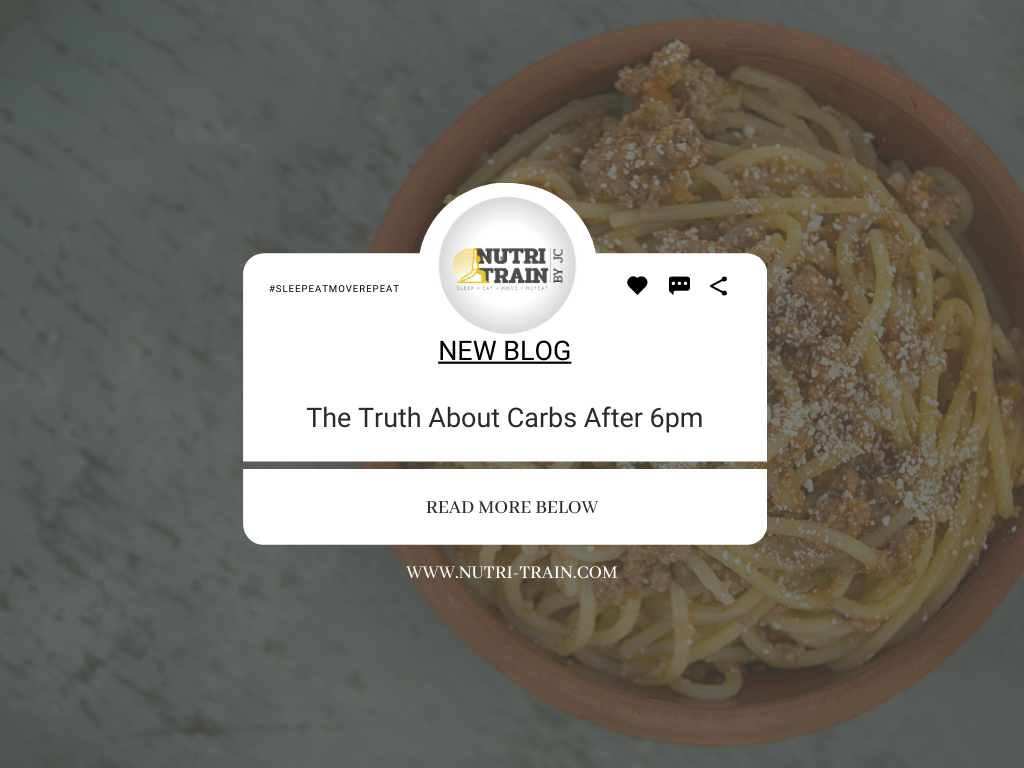
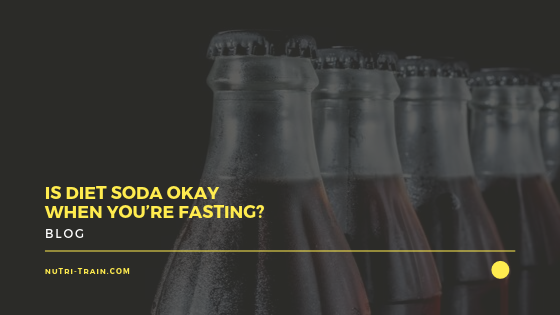
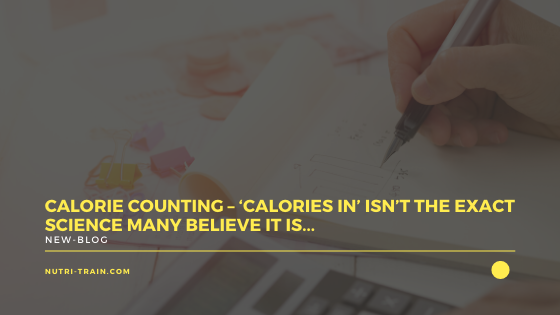
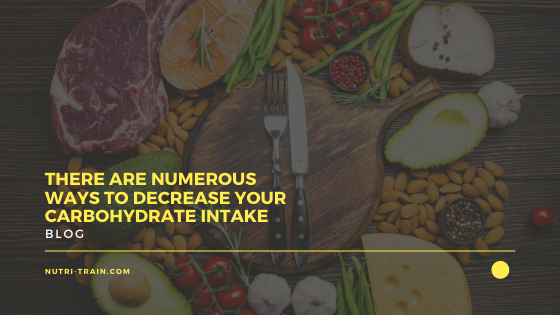
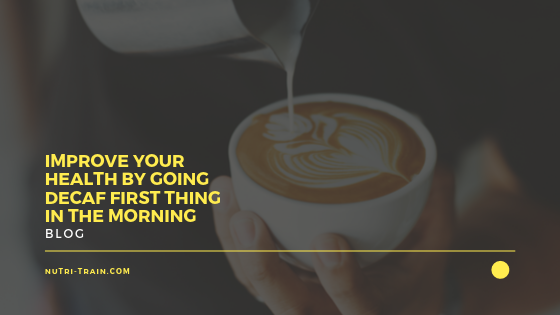
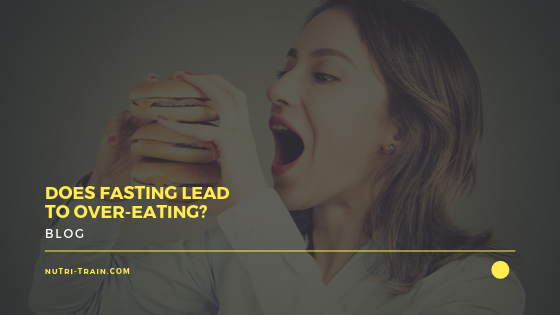
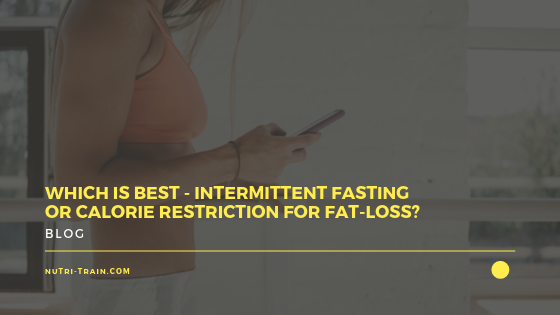
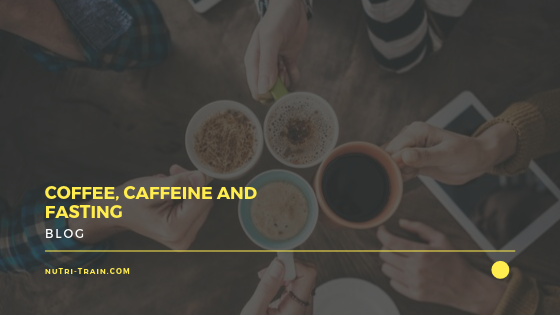
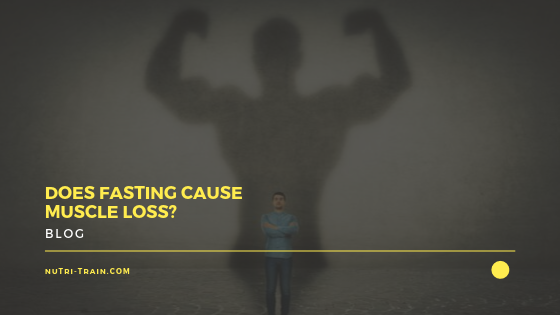
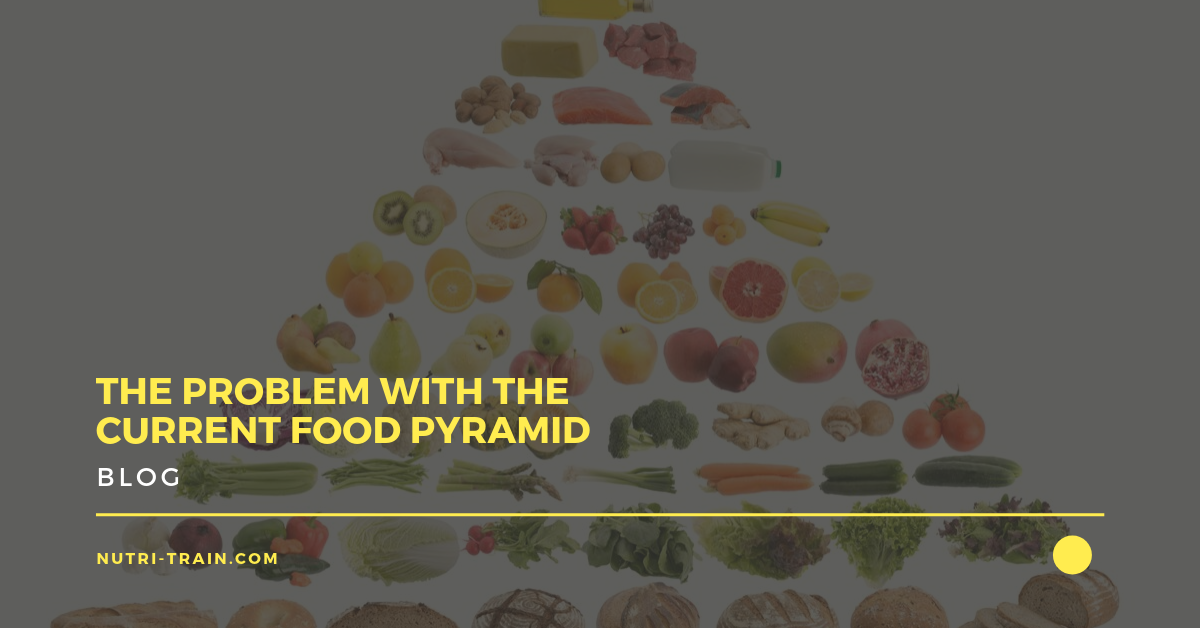
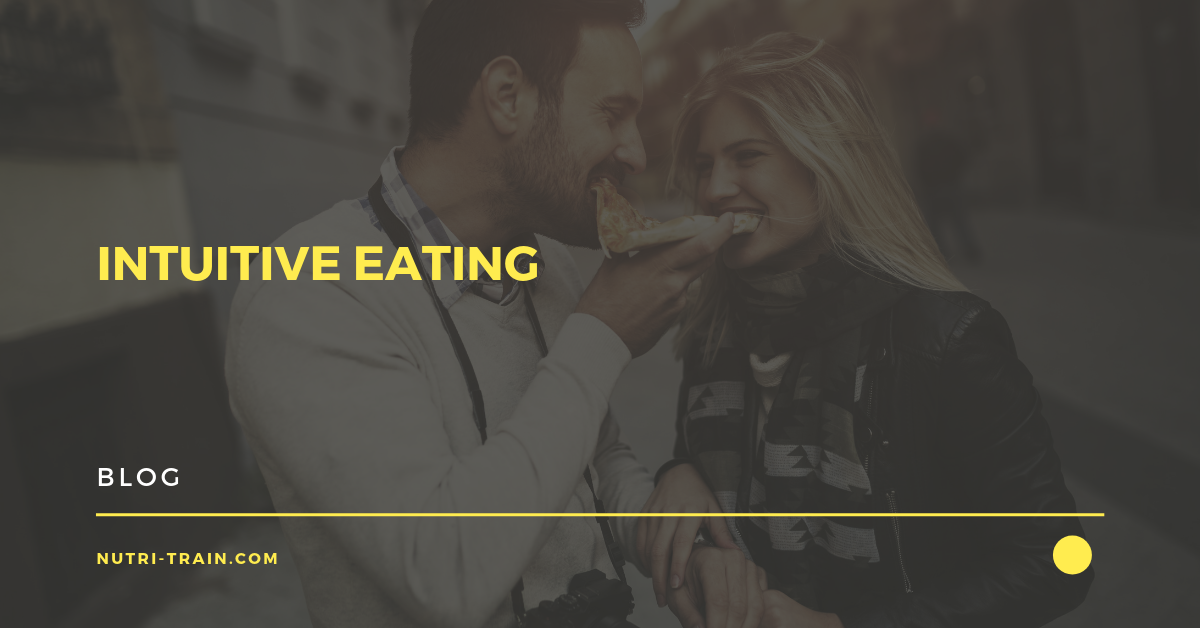
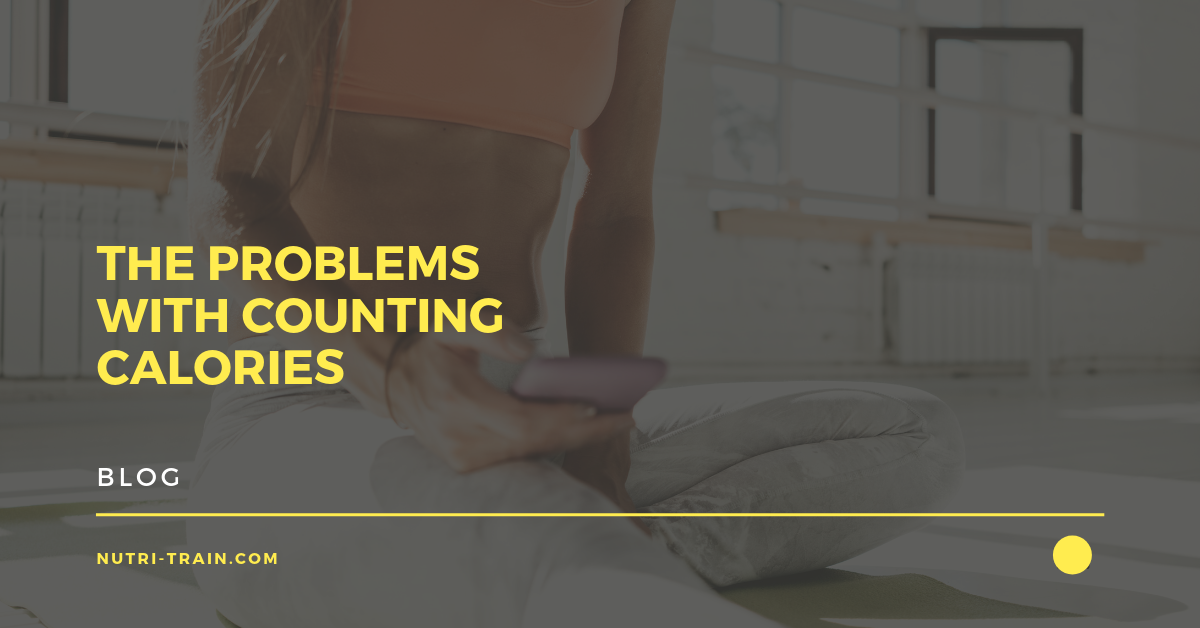

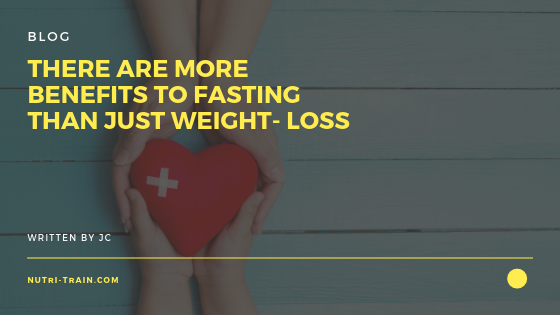
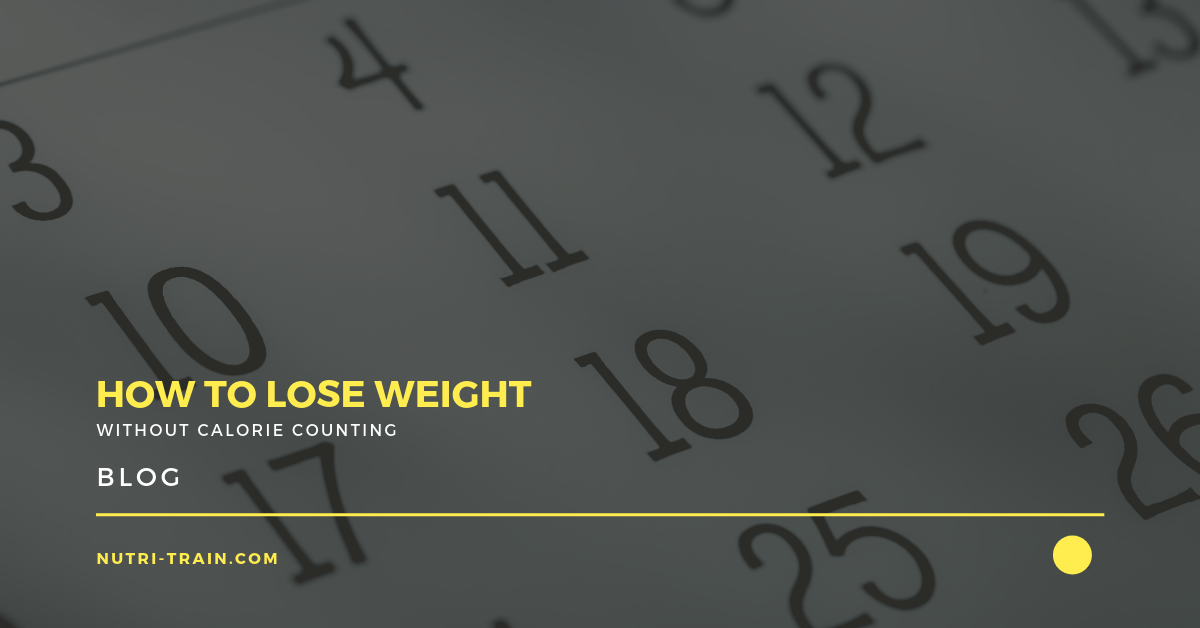
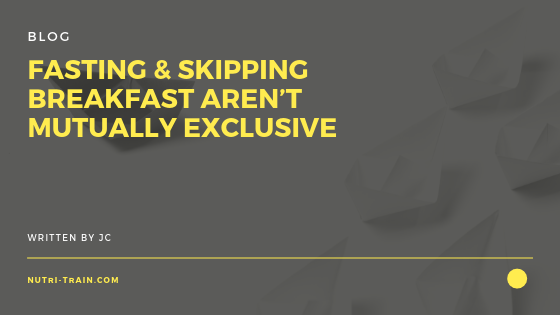
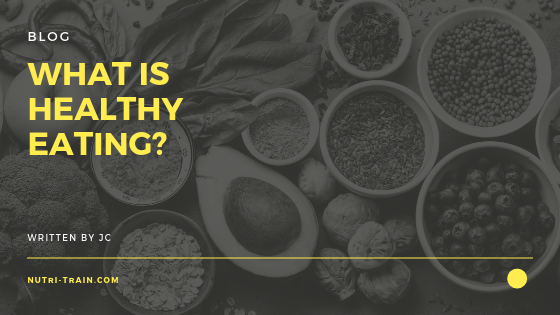
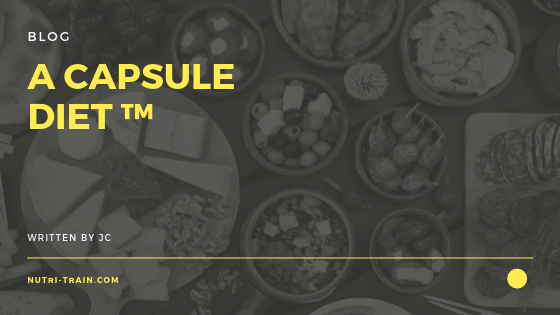
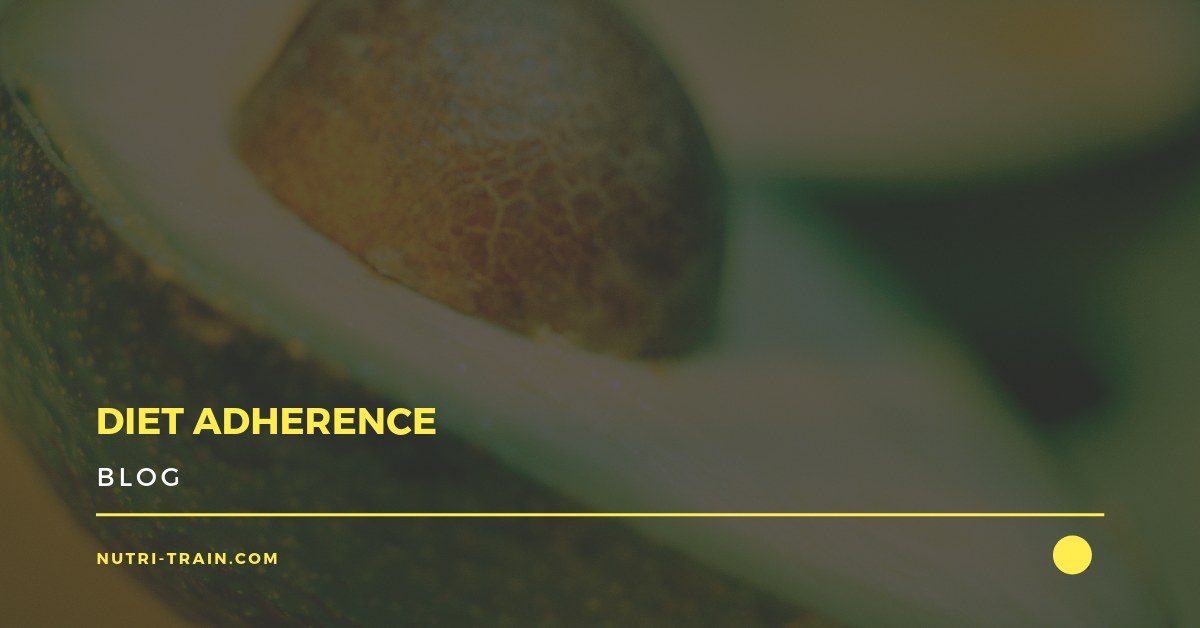
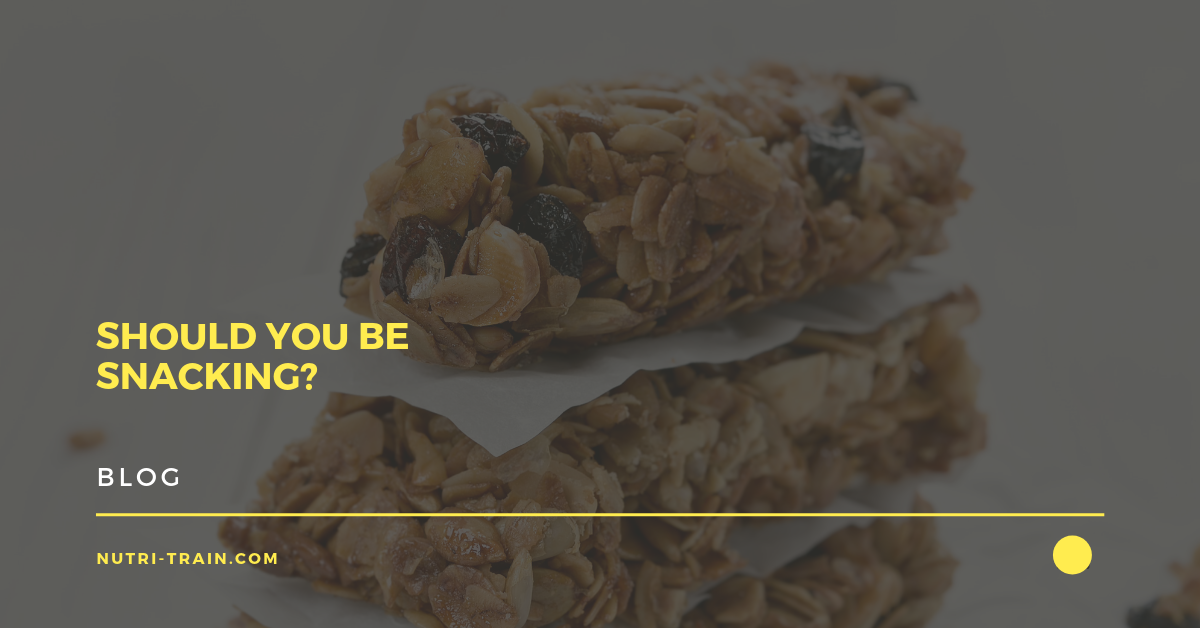
 RSS Feed
RSS Feed
